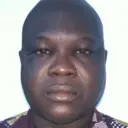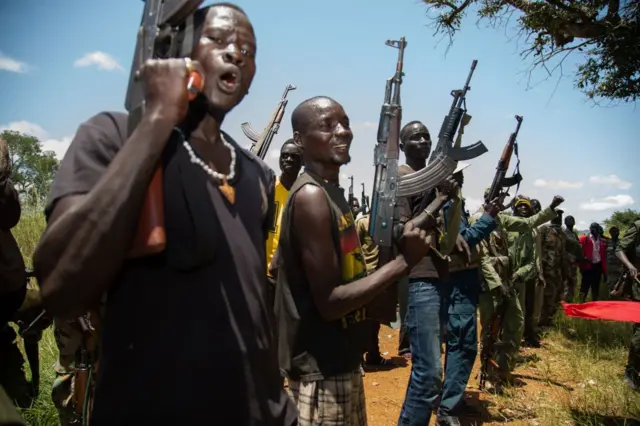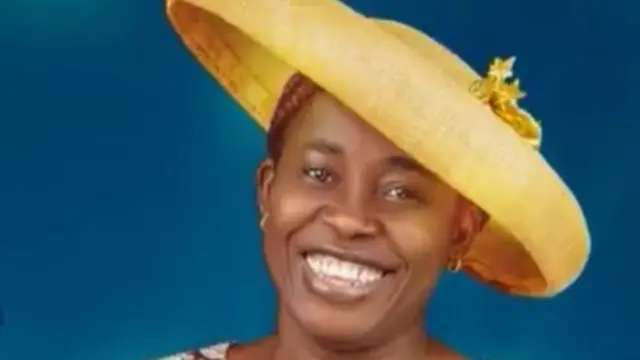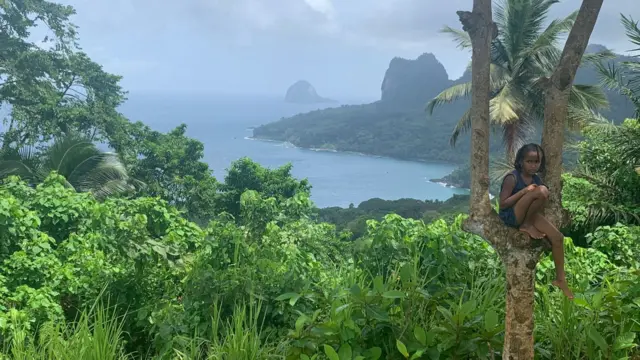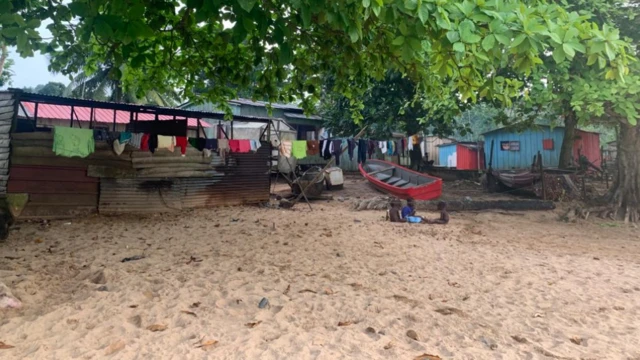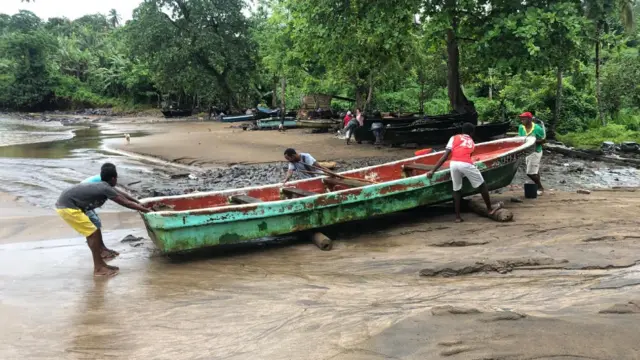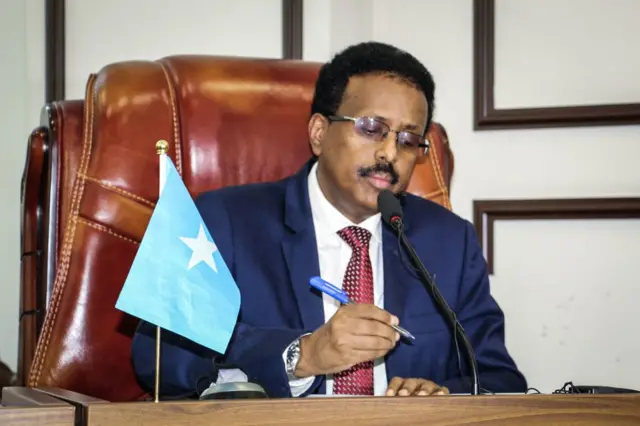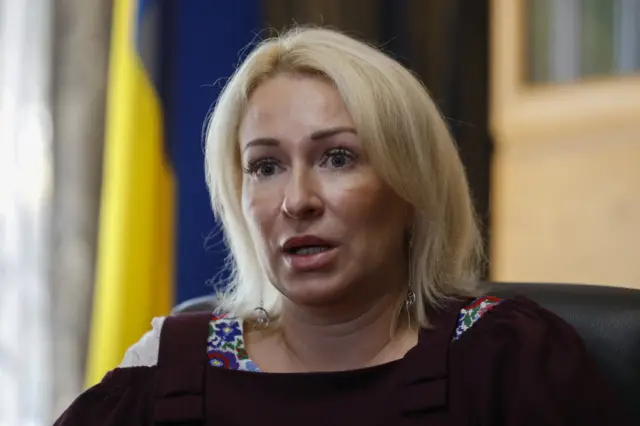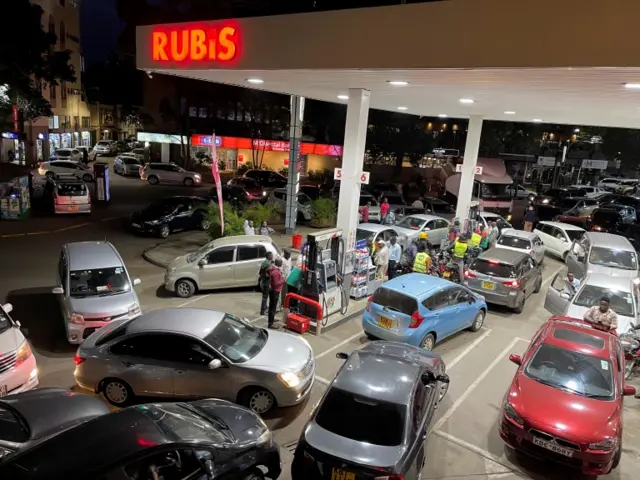Malawi government doing bad job fighting corruption - surveypublished at 16:07 BST 14 April 2022
 Peter Jegwa
Peter Jegwa
Lilongwe, Malawi
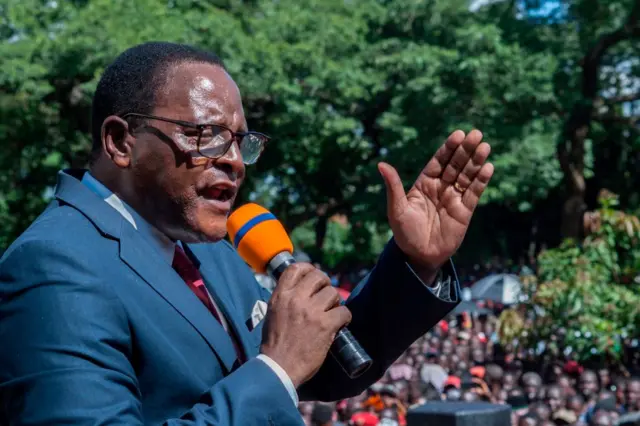 Image source, Getty Images
Image source, Getty ImagesLazarus Chakwera campaigned in the 2019 elections on a promise to tackle corruption
Most Malawians think their government is doing a poor job fighting corruption, the Afrobarometer survey released on Thursday says.
President Lazarus Chakwera promised zero tolerance for corruption when he first took office in 2020, but Afrobarometer's findings suggest that up to two-thirds of Malawians believe his government is performing “fairly badly” or “very badly” in fighting corruption - and that over the past year corruption has, in fact, increased.
Afrobarometer is a pan-African research institution whose Malawi team is led by the Centre for Social Research, a department of the University of Malawi.
There has been no immediate reaction from the government, but in the past President Chakwera has said he remained committed to fighting corruption, saying proof of his commitment was his full backing and funding for the Anti-Corruption Bureau (ACB).
The research findings released in the capital, Lilongwe, have not come as a surprise.
In the past few months several groups have staged demonstrations across the country protesting against what they perceive as the government's failure to deal with corruption.
The influential Catholic Church also issued a damning statement in which they said the country's leadership was "weak and indecisive” and not doing enough to fight corruption.
